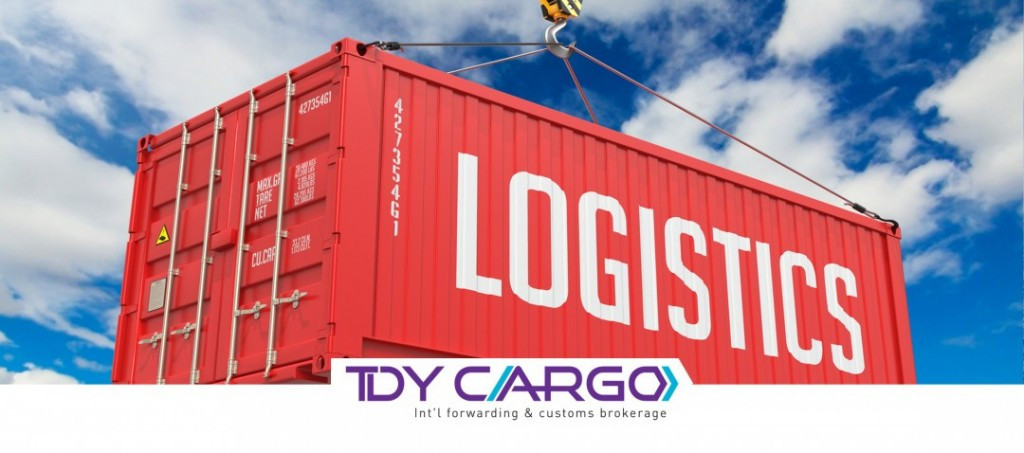What is a customs broker? Why would I need one? What exactly do they do? Find all the answers here.
Many people have no idea what a customs broker does and why exactly they would need one. To explain the role of a customs broker, look at the following example. Let’s say you’ve imported merchandise for a customer. You track the merchandise until it has docked at one of Israel’s ports. This is when problems arise. Your merchandise gets “stuck” in customs, and they refuse to clear it. Enter our customs broker.
What is a customs broker?
A customs broker, or customs agent, is a professional broker who has specialized in the field of customs brokerage after taking and passing the stringent admission requirements of a special study course. They can then pursue a career in brokerage and obtain a license as a certified customs broker from the Departments of Customs and VAT.
Customs brokers serve as the official representative for your shipment vis-à-vis the relevant authorities. Every shipment that arrives in Israel passes through customs and undergoes rigorous checking. Every country operates a terminal for the Customs and Tax Authorities, where all customs operations are performed. These terminals employ hundreds of employees whose job is to check if incoming merchandise meets the various requirements and regulations.
Customs brokers are proficient in all laws and bureaucratic requirements, so they are able to release your shipment quickly, easily and efficiently. They of course operate in accordance with the law, preventing you from getting in trouble with the customs authorities.
Why should I use the services of a customs broker?
There are some great advantages to working with a customs broker.
- The import process requires in-depth knowledge and experience.
- Constant awareness is required regarding changes in the laws of various authorities.
- Anyone who has dealt with the authorities knows that it can be time-consuming, financially taxing and aggravating.
- Shipping of merchandise involves completion and submission of a lot of paperwork.
- Special requirements may require you to produce special documentation such as permits from the Standards Institute or government offices, special insurance, or the like.
A customs broker advises you throughout the export or import process and takes care of all paperwork including completion and submission on your behalf to the relevant authorities.
A broker’s role includes:
- Insure merchandise
- Obtain permits from authorities
- Complete required forms and paperwork so that the cargo reaches its destination quickly and without delay
- Arrange storage solutions for merchandise, when necessary
- Handle various issues that arise along the way and keep you updated when necessary
- Handle classification of your merchandise which determines cost of customs
- Pay necessary fees and taxes to customs authorities on your behalf
- Supervise and advise customers until merchandise is released from customs
- Arrange transportation of cargo – Coordinate land transportation from the port to your destination of choice
Won’t I save money if I just skip the services of a customs broker?
Firstly, there are so many customs forms to complete, it’s even impossible to know where to begin. Customs brokers save you the hassle and bother of dealing with the bureaucracy and they do all the work. All’s that’s left for you to do is sign on the dotted line.
Also, in some cases, customs brokers can give you advice that will prevent you forking over money unnecessarily. An example of this is to make various adjustments before shipping in such a way that it affects the value or classification of the merchandise and enables the cargo to be shipped duty-free.
Businesses and private customers use custom brokers and most international freight forwarding companies offer you customs brokerage services. So when you choose a company for international freight forwarding, choose one that also offers customs brokerage. Ultimately, it will save you time, money and aggravation. The last thing you want is to botch your handling of procedures and regulations and get into trouble with the customs authorities.
